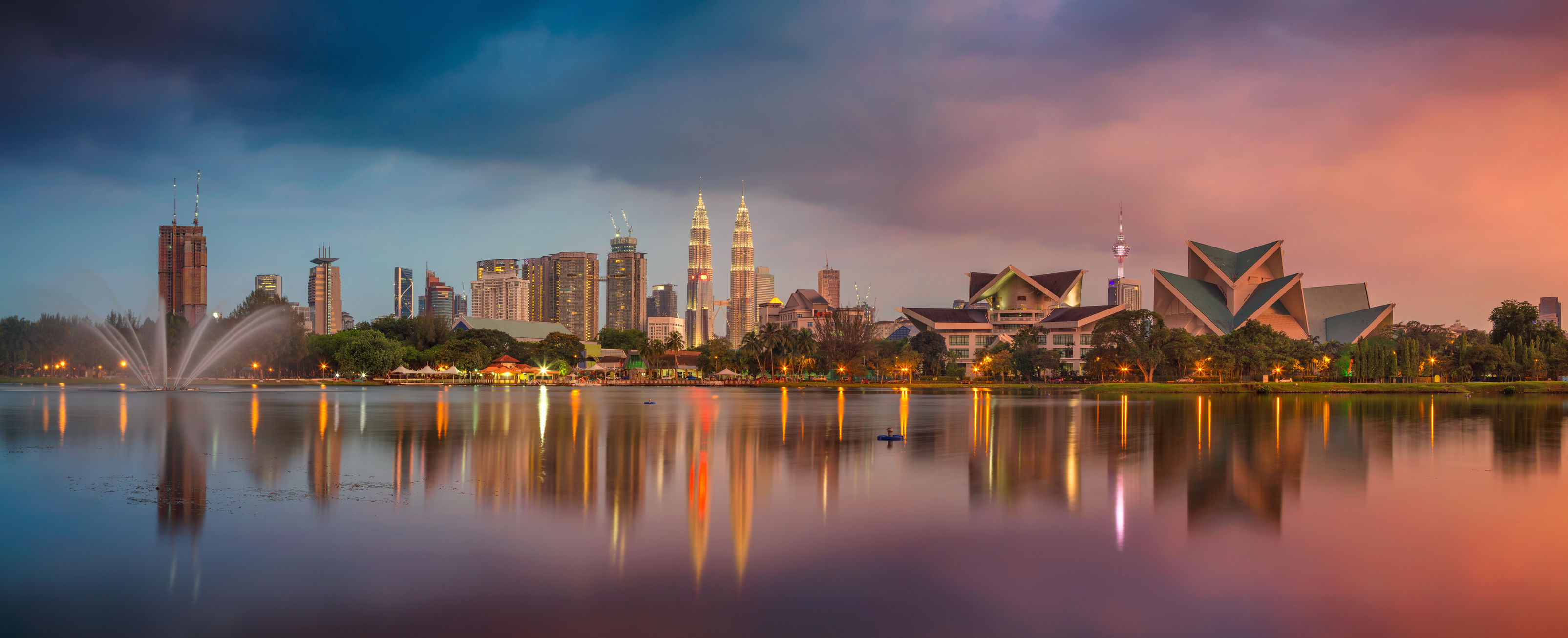5 August 2020
The new Trademarks Act 2019 proves to be beneficial for Malaysian entrepreneurs. It provides Malaysian entrepreneurs with increased and cost-effective measures to protect their trademarks both nationally and globally.
With Malaysia’s accession to the Madrid Protocol, Malaysian entrepreneurs are able to protect their trademarks internationally with a single uniform application designating the countries of interest, where the application can be completed in the Malaysian trademark office. Subsequent designations to new countries are permitted even after the trademark has been registered. The costs for international trade mark protection is significantly lowered via the Madrid Protocol. These lowered costs are attractive and a viable option compared to engaging foreign counsel to file multiple trade mark applications in different countries. Malaysian entrepreneurs are also able to enjoy the benefits of the centralised management system that the Madrid Protocol offers, where the management of their portfolio of trade marks becomes relatively easier as there would only be a single date for registration and renewal despite the number of countries designated.
The main drawback of the Madrid Protocol would be the inevitable exposure to the risk of a possible central attack within 5 years from the date of the Madrid Protocol registration. The attack may be in the form of an opposition, invalidation or revocation proceedings via the Malaysian trademark office or the courts, against the Malaysian trade mark registration. This will cause the registrations in other countries to fall apart.
On another note, the Trademarks Act 2019 recognises the registration of non-traditional trademarks such as colour, scent, 3D shapes and sound. Notable examples include the Tiffany blue for jewellery and accessories by Tiffany & Co; the distinctive scent of Play-Doh; the triangular pyramid shape of the Toblerone chocolate; and the roar sound of a lion by the production company Metro-Goldwyn-Mayer that is usually played during the beginning of movies. Malaysian entrepreneurs are thus able to leverage on the new Trademarks Act 2019 to register these non-traditional trademarks as part of their corporate branding strategy.
Meanwhile, the Trademarks Act 2019 provides a widened scope for trademark infringement, where the use of an identical or similar mark in relation to similar goods would constitute trademark infringement. Therefore, Malaysian entrepreneurs, whilst protecting their trademark rights against potential infringers and free riders, have increased chances of success in establishing a case for trade mark infringement.
From an overall perspective, the new Trademarks Act 2019 is more beneficent to brand owners and Malaysian entrepreneurs due to the aforementioned reasons. Additionally, trademarks are now recognised as a form of security interest, which means it can form part of a company’s assets.
Malaysian entrepreneurs who are looking to establish a global presence or alternatively who have non-traditional trademarks should consider protecting their rights bearing in mind the potential significant cost savings available under the Madrid Protocol together with other newly available rights within the new Trademarks Act 2019.
For further information, please contact:


.jpg)




